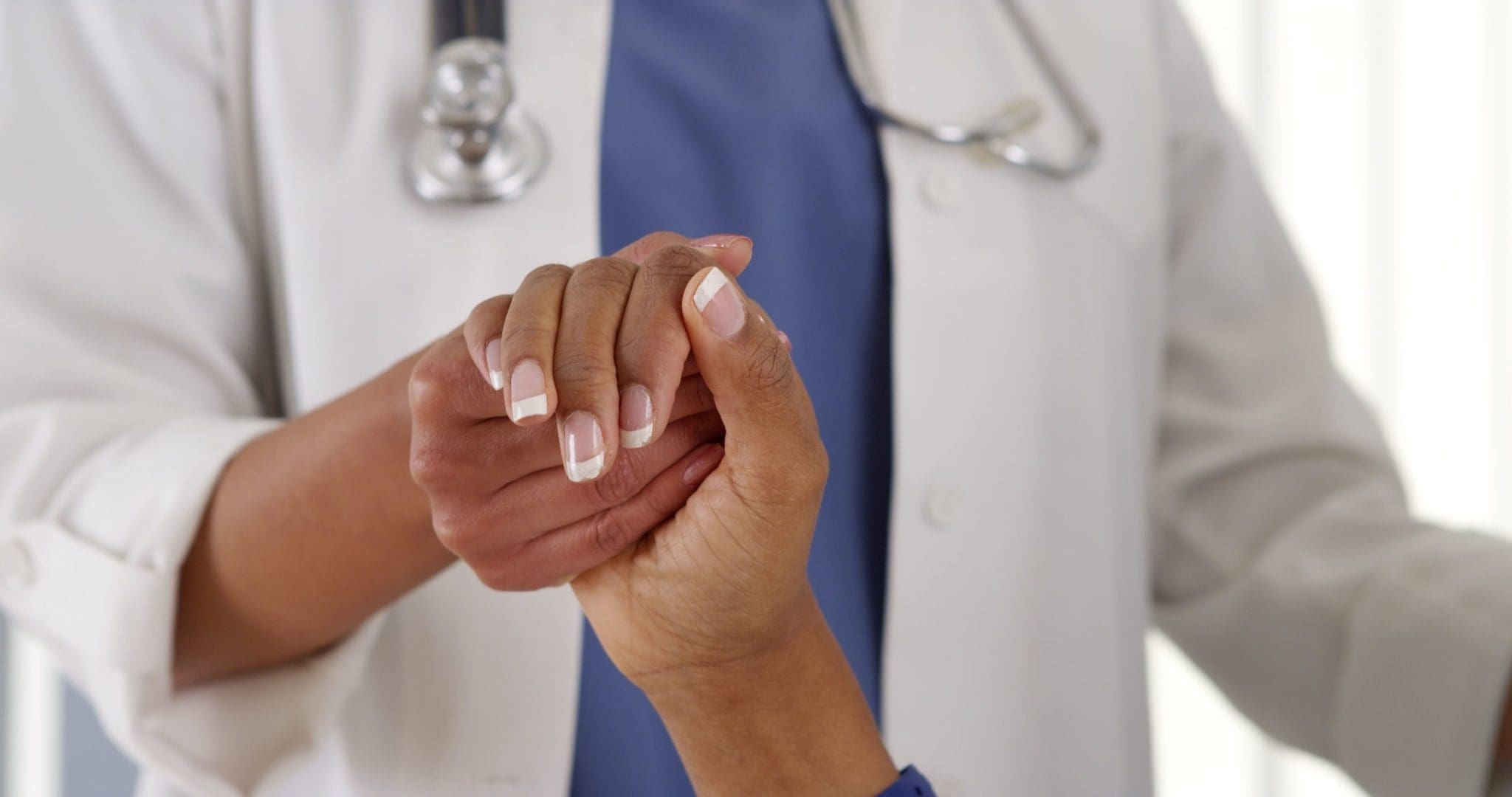A family doctor is your most important health care relationship. They have the advantage of treating you consistently over time and knowing your health history. There’s a benefit to having a long-term relationship with your care team. However, there are times a quick-care clinic has its advantages. Quick-care clinics sometimes are called urgent care or walk-in clinics. They are commonly located near retail developments. They are different from emergency rooms. They do not handle emergencies. Call 911 for an emergency or go to an emergency room.
Quick-care clinics offer same-day care—during the day and sometimes at night. They are available for when you may not be able to see your doctor for a same-day appointment, especially if you are traveling. They are usually open longer hours, or at times when your doctor’s office may be closed. This may be helpful if you cannot see your family doctor immediately and it’s not an emergency.
Path to improved health
The difference between your doctor and a quick-care clinic is that your doctor has your health history on file. They have probably seen you many times over the years. There is a trust between doctor and patient. Even if you don’t have a family doctor or have seen your doctor only a few times, there is an opportunity to develop a relationship so that they can get to know your health over time. Also, your doctor’s office usually has several doctors on staff. This is important for times when your doctor isn’t in, but another doctor can see you.
Another advantage your doctor has over a quick-care clinic is access to more equipment and lab services. This is helpful in getting X-rays and blood samples at the time of your appointment.
As a result of the COVID-19 pandemic, more doctors are making virtual appointments available. This might come in handy if you are traveling or are contagious and cannot come into the office. Always check when you call to see if your doctor’s office has virtual care openings.
Quick-care clinics commonly see patients with minor health concerns. This includes:
- Common cold and flu symptoms, such as fever, cough, sore throat, and earaches
- Sprains, strains, and simple fractures (broken bones)
- Minor cuts and scrapes
- Non-serious burns
- Rashes, poison ivy, and insect bites
- Vomiting and diarrhea
- Urinary tract infections
- Back pain
- Non-serious allergic reactions
Quick-care clinics are typically staffed by nurse practitioners or physician assistants. Many offer flu shots. These clinics will not typically have your health history on file. Be sure to tell the clinic what medicines you are taking (both prescription and over the counter) and about any conditions with which you have diagnosed. This will prevent the staff from prescribing another medicine that could interact with what you are currently taking. Also, tell the staff your doctor’s name and contact information so that they can contact them if needed. Be sure to tell the clinic staff if you are allergic to any medicines or supplies (latex) and if you are being treated for a health condition.
After you have been seen at the clinic, ask for a summary of your diagnosis, treatment, and any medicines you were prescribed. Always follow up with your family doctor at your earliest opportunity.
Things to consider
- Most quick-care clinics aren’t necessarily less expensive than your doctor’s office. However, many accept Medicare, Medicaid, and private insurance. You should check to see if your insurance plan charges a different, more expensive copay for quick-care clinics than for a normal doctor’s visit.
- Quick-care clinics should never take the place of your family doctor or any specialist you may be seeing.
- Quick-care clinics are typically smaller than your doctor’s office. This means they may not be able to see as many patients. Also, it may mean wait times can be longer than what you are used to with your family doctor.
If you are seen at a quick-care clinic, be sure to request that they send a record of your visit to your family doctor.
Questions to ask your doctor
- Can a quick-care clinic handle an emergency if it happens while you are one site? Or would they call 911?
- Are quick-care clinics the best choice when you are traveling?
- Are nurse practitioners and physician assistants qualified to handle minor health issues?
- Is a quick-care clinic good for pregnancy issues?
ADVERTISEMENT
ADVERTISEMENT




